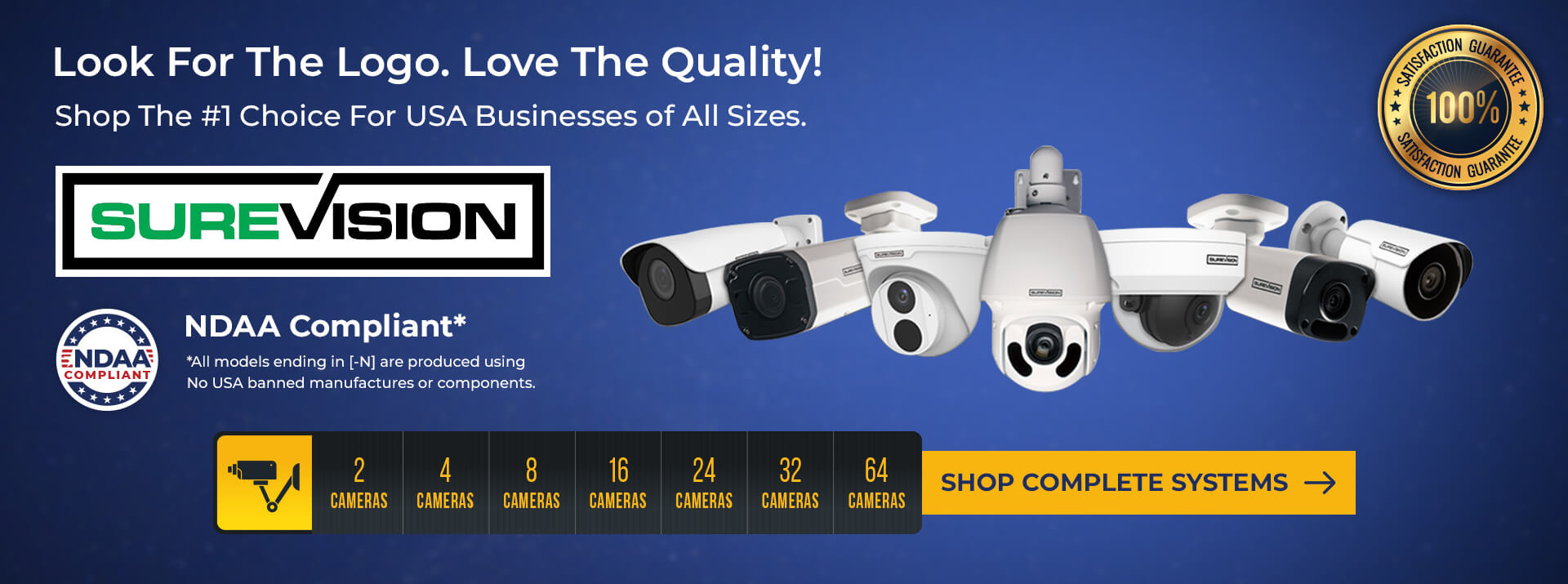Video Surveillance Laws by State: What You Need to Know
Posted by Gregory DeRouanna on Oct 9, 2019

Businesses and corporations are increasingly using video surveillance technology to track employees, listen to their conversations with customers and fellow workers, and even watch employees while on company time. This level of surveillance is raising concerns about privacy issues. Across the country, video surveillance laws vary by state.
Here’s a short guideline on what you need to know about electronic surveillance laws by state.
General Video Surveillance Laws
It’s illegal to obtain any form of video surveillance of someone with malicious purposes. It’s also considered illegal across all states to take or record video surveillance when an individual expects complete privacy. Such locations include but are not limited to:
- Bathrooms
- Changing rooms
- Hotel rooms
- Bedrooms
- Locker rooms
- Dressing rooms
- Showers
- Any other location where someone may get undressed
Understanding Video Surveillance Laws by State
There is no explicit federal legislation or law in the U.S. that clearly prohibits employers from monitoring their employees in the workplace using video surveillance. Even the Federal “Wiretapping/Electronic Communications Privacy Act” that generally applies to workplace or business surveillance leaves a lot of gray areas when it comes to video surveillance for businesses and property owners.
This leaves most of the decisions surrounding video monitoring in the workplace up to individual states. However, workers who participate in union organizations or work solidarity groups are exempt from most forms of surveillance. In most cases, video surveillance laws, restrictions, and limitations vary by state on what type of video surveillance companies and businesses operating within the state are allowed to use legally.
Employers Are Encouraged to Implement Monitoring Policies
Employers must respect employee rights in the workplace and be guided by Section 7 of the National Labor Relations Act, even as they develop their own best practices and standards when implementing monitoring policies. These standards are expected to comply fully with all the requirements defined in the electronic surveillance laws by state.
Employers are encouraged to implement the right surveillance policies and ensure they meet all relevant legal criteria to avoid potential litigation and legal damages associated with breaking employee privacy laws. Additionally, employers are required to notify all their employees of their video surveillance policies by law in some states, and even encouraged to show employees which areas are being monitored and where security cameras are placed.
Check Your State’s Laws

Some states like Delaware prohibit the use of hidden cameras without consent, while others like Georgia require the consent of all parties for video recording and photography in private areas. In California, video recording of confidential communications is prohibited without consent. If you have any questions about your state’s video surveillance laws, you can contact an attorney that is educated in your local statutes.
Learn more about video surveillance systems, and how you can use them legally to prevent theft, reduce shrinkage, and monitor employee productivity at CCTV Security Pros. Contact us to learn more about our security products and video surveillance laws by state. Our commercial-grade security systems are trusted by over 60,000 satisfied customers.




